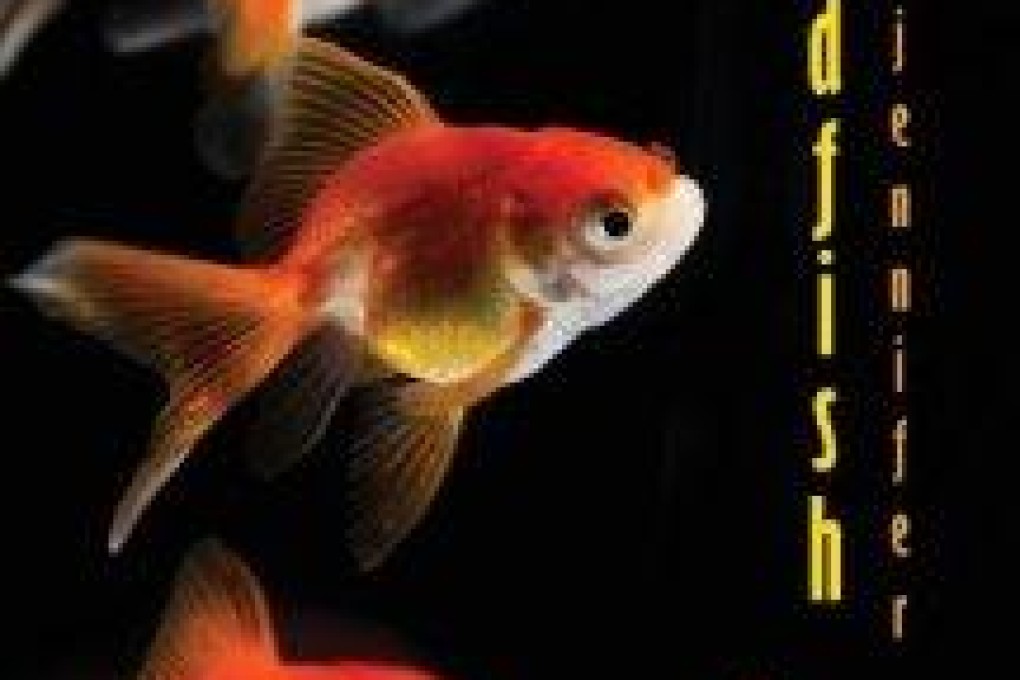Goldfish, by Jennifer Wong
Goldfish is a random name for a poetry collection that delves deep into Chinese culture. But perhaps random is the best word to describe this eclectic - and vast - group of poems, written by Hong Kong poet Jennifer Wong.

by Jennifer Wong
Chameleon Press
3 stars
Clarissa Sebag-Montefiore
Goldfish is a random name for a poetry collection that delves deep into Chinese culture. But perhaps random is the best word to describe this eclectic - and vast - group of poems, written by Hong Kong poet Jennifer Wong.
Wong studied English literature at Oxford University and her debut collection, Summer Cicadas, published in 2006, looked into issues of identity and was largely focused on her experiences in England. (In 2008 her poem Myth was long-listed for the Plough Poetry Prize in Britain).
In Goldfish, Hong Kong dominates a large number of the poems. Many of these take pleasure in everyday rituals, occurrences, and foods that might seem exotic to a Western reader. In Turtle Jelly for example the "black and squishy soup" is described as "best/slurped down with a good dollop of honey".
In other poems, Hong Kong is used as a starting point to explore other issues.
In Intact, a waiter at Ser Wong Fun restaurant "slits open a cobra's belly" and watches as a tourist downs a fresh bile shot. But by the third, and last, stanza of the poem we are in a very different place: a woman is giving birth. Like the cobra she no longer feels intact. Instead, she feels "a train going through her,/an earthquake between her legs".